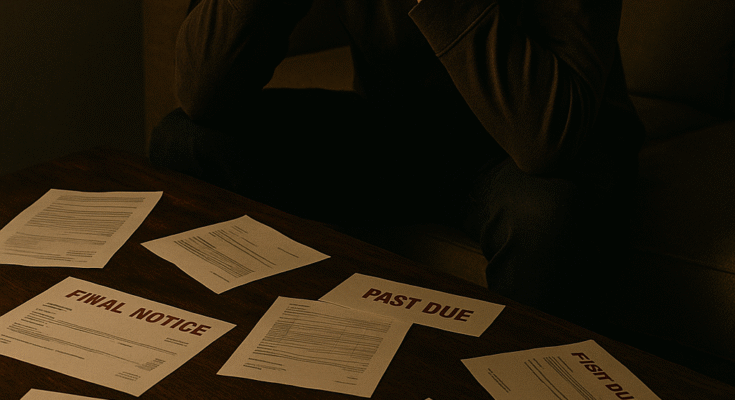Casino Gambling: The Highs, Lows, and Hidden Traps
Casino gambling is a world where flashing lights, clinking coins, and the thrill of chance collide. It’s entertainment wrapped in adrenaline—a dance between luck, strategy, and risk. From roulette wheels to poker tables, casinos offer games that tempt with promises of quick riches. But behind the glamour lies a complex reality, one where the house always has the upper hand. Let’s pull back the curtain on this high-stakes universe.
The Games: Luck vs. Skill
- Pure Chance: Slot machines and roulette spin on randomness. Pull a lever, place a bet, and let fate decide.
- Skill Meets Luck: Poker and blackjack reward strategy, but even pros can’t outrun bad cards or a dealer’s hot streak.
- The Illusion of Control: Craps and baccarat blend social energy with statistical inevitability—fun, but mathematically tilted.
The House Always Wins: Why Odds Stack Against You
Casinos aren’t charities—they’re profit machines. Every game is engineered with a “house edge”, a built-in mathematical advantage ensuring long-term losses for players. Think of it as a silent tax: the longer you play, the more you pay. Sure, someone might hit a jackpot, but those stories are rare—and often plastered on billboards to lure the next dreamer.
The Psychology of the Trap
Casinos aren’t just buildings—they’re psychological mazes. No clocks. Free drinks. Euphoric sounds of “winning” machines. These tricks keep you playing, blurring time and logic. For some, the rush becomes addictive, triggering dopamine spikes akin to substance abuse. The result? A spiral of chasing losses, drained bank accounts, and fractured relationships.
Cultural and Legal Crossroads
- Religious Bans: In many Arab and Islamic nations, gambling is both religiously forbidden and legally prohibited.
- Regulated Markets: Western countries like the U.S. and U.K. legalize casinos but enforce strict rules—taxes, age limits, and addiction support programs.
- The Hypocrisy: Even where legal, gambling’s social costs—bankruptcy, crime, mental health crises—spark heated debates.
Responsible Gambling: Myth or Reality?
Can you gamble “safely”? For a tiny minority, yes—setting strict budgets and treating it as occasional fun. But for most, the line blurs fast. Programs like self-exclusion lists and therapy exist, yet addiction rates climb. Experts agree: the safest bet is often to avoid the tables altogether.
Why Experts Say “Walk Away”
- Financial Ruin: The math doesn’t lie. Over time, losses outweigh wins. Chasing “the big score” empties wallets.
- Addiction’s Grip: Gambling disorder rewires the brain, fueling desperation and secrecy.
- Mental Health Toll: Anxiety, depression, and shame shadow chronic players.
- Relationship Wreckage: Lies and debt erode trust, often ending marriages or friendships.
- The Casino’s Design: Windowless rooms, free alcohol, and sensory overload—it’s a trap, not a playground.
- False Promises: Rare “winner” stories are marketing tools. The real jackpot? The casino’s profit.
The Bottom Line
Casinos sell fantasy, but reality bites harder. For every dollar won, countless more vanish into the house’s vault. Gambling isn’t a career path or a quick fix—it’s a risk that rarely rewards. If you play, play smart: set limits, know when to quit, and never bet what you can’t lose. Better yet, find thrills that don’t cost your peace of mind.


